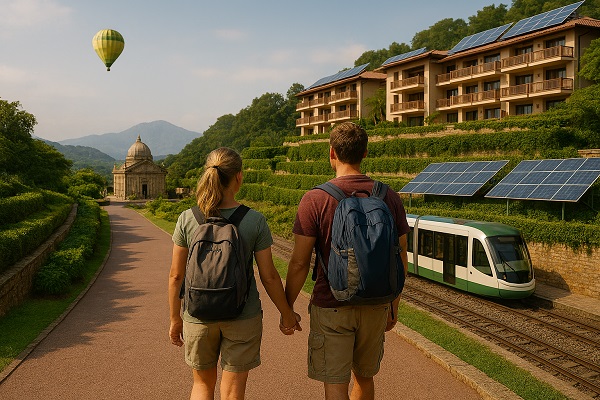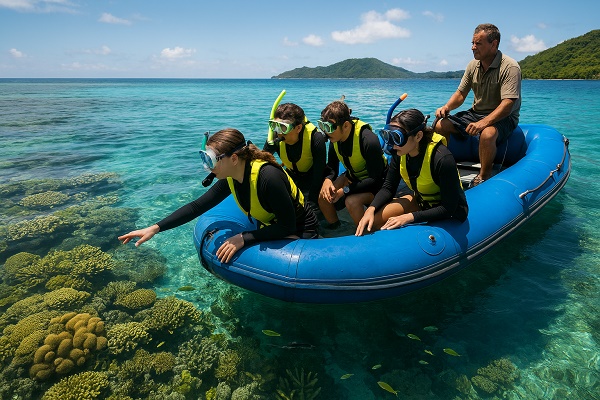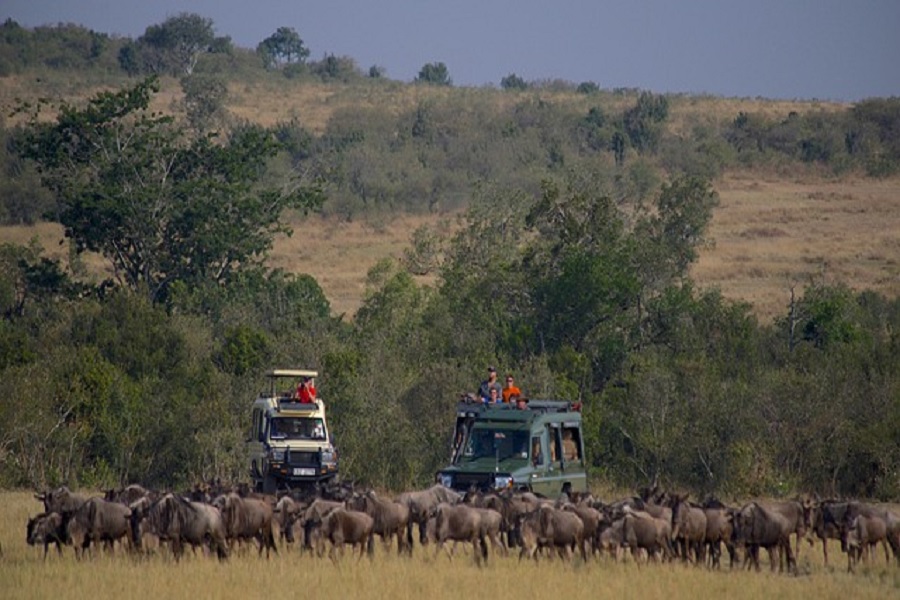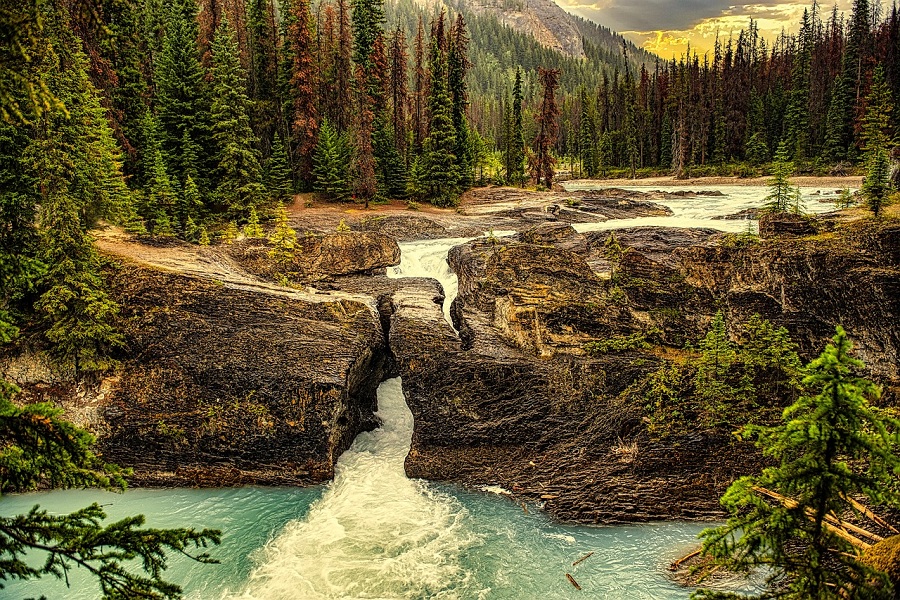Ecotourism: Travel That Gives Back to Nature
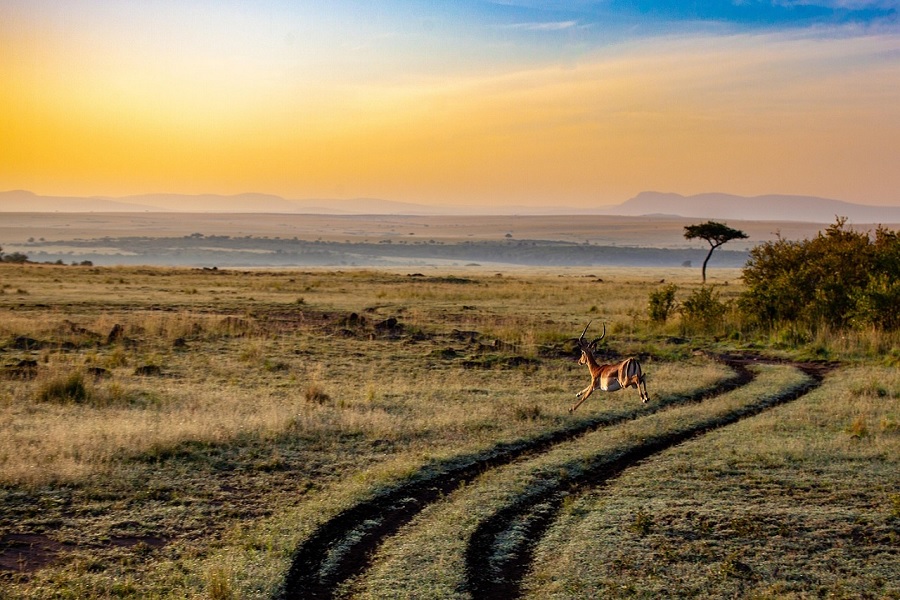
In a world increasingly shaped by climate change, deforestation, and overtourism, a new form of travel is emerging as both a necessity and a movement—Ecotourism. Unlike traditional tourism, which often leaves behind a trail of pollution and cultural disruption, ecotourism emphasizes responsible travel to natural areas, aiming to conserve the environment and uplift local communities.
As more travelers seek meaningful and sustainable experiences, ecotourism is growing from a niche concept into a global travel trend that marries adventure, education, and environmental consciousness.
What Is Ecotourism?
Ecotourism is defined by the International Ecotourism Society (TIES) as "responsible travel to natural areas that conserves the environment, sustains the well-being of local people, and involves interpretation and education."
In simple terms, it means:
Traveling to undisturbed natural areas.
Minimizing negative impacts on the environment.
Respecting local cultures and traditions.
Supporting conservation and community development efforts.
Why Ecotourism Matters
Preserves Biodiversity: By promoting low-impact tourism, it helps protect endangered species and fragile ecosystems.
Empowers Local Communities: Ecotourism creates jobs in rural areas through homestays, guiding services, and handicrafts.
Educates Tourists: Visitors gain a deeper understanding of environmental issues and sustainable practices.
Combats Climate Change: Promotes eco-friendly transportation, renewable energy usage, and low-waste travel models.
Top Ecotourism Destinations
Costa Rica – Known for its lush rainforests, volcanoes, and eco-lodges, it's a global model for sustainable tourism.
Sikkim, India – Asia’s first 100% organic state, offering pristine Himalayan beauty and community-based tourism.
Norway – From fjords to Northern Lights, Norway balances high visitor traffic with impeccable environmental stewardship.
New Zealand – Eco-parks, Maori cultural tours, and sustainable adventure activities make it an ecotourism hotspot.
Kenya – Offers wildlife safaris that directly support conservation and local tribes like the Maasai.
Activities in Ecotourism
Nature Hikes & Bird Watching
Wildlife Conservation Volunteering
Organic Farm Stays & Permaculture Learning
Community-Based Village Tourism
Eco-Lodge Experiences
Snorkeling & Diving in Marine Reserves
How to Travel as an Ecotourist
Choose Eco-Certified Stays – Opt for accommodations certified by recognized sustainability labels (e.g., EarthCheck, Green Globe).
Support Local – Buy handicrafts, hire local guides, and eat at local eateries.
Reduce Plastic Use – Carry a reusable water bottle, avoid single-use plastics, and say no to hotel toiletries if unnecessary.
Respect Wildlife – Observe animals from a distance and never disturb their natural habitat.
Travel Slow – Prefer walking, biking, or public transport over carbon-heavy options.
Challenges in Ecotourism
Greenwashing – Some resorts falsely claim to be eco-friendly. Tourists must do due diligence.
Overcrowding – Even eco-destinations can suffer from mass tourism without proper management.
Balancing Growth & Conservation – Governments must ensure that economic benefits don't override ecological concerns.
Conclusion: Travel for a Greener Tomorrow
Ecotourism is more than just a travel trend—it's a conscious movement toward a sustainable future. It proves that we can enjoy the wonders of the world without harming them. As global citizens, choosing eco-conscious travel allows us to preserve natural beauty, uplift marginalized communities, and inspire others to travel more responsibly.

















